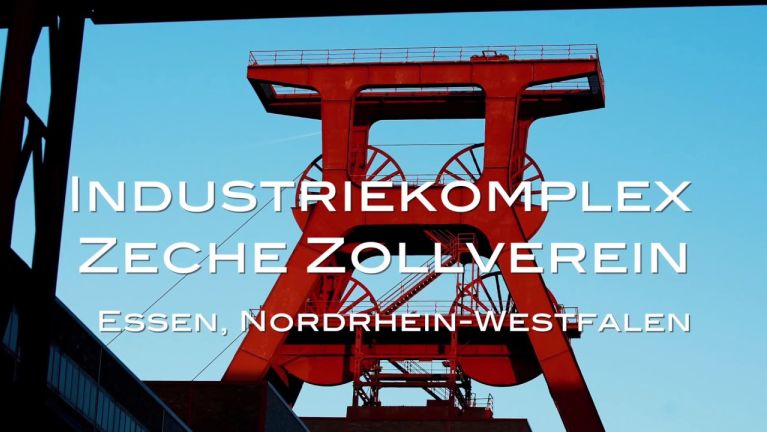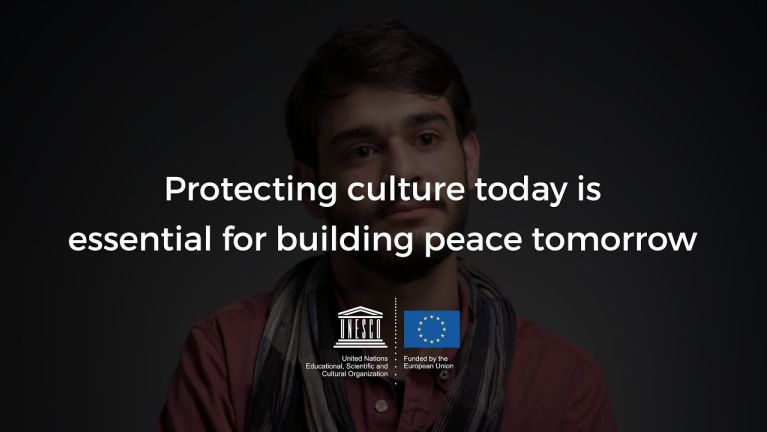Across cultural borders
The Secretary General of the German Commission for UNESCO explains how the World Heritage idea serves understanding and peace.

The 44 UNESCO World Heritage Sites in Germany are a cross-section of the country's history. For Roland Bernecker, Secretary General of the German Commission for UNESCO, the world's cultural heritage has an even greater importance.
What criteria must a building or site meet to be recognized as a UNESCO World Heritage Site?
The first condition is that the state making the proposal must have signed the UNESCO World Heritage Convention. The World Heritage concept is based on a treaty under international law. That means a big political commitment. In addition to ten categories for Cultural and Natural Heritage Sites, there is a fundamental criterion for all World Heritage Sites: its exceptional universal value.
What does recognition mean for the country?
The sites are declared part of the heritage of humankind and receive great attention worldwide. National pride in cultural heritage is shared with the rest of the world. This is a contribution to understanding across cultural boundaries.
Dieses YouTube-Video kann in einem neuen Tab abgespielt werden
YouTube öffnenThird party content
We use YouTube to embed content that may collect data about your activity. Please review the details and accept the service to see this content.
Open consent formGermany is represented on the UNESCO list with many sites. What might be added in the future?
We are taking three proposals with us to the World Heritage Committee meetings in 2019. Two of these are cross-border cooperation projects: the Ore Mountain Mining Region (Montanregion Erzgebirge) together with the Czech Republic, and the Borders of the Roman Empire together with Austria. Furthermore, the Augsburg Water Management System is also on the agenda.
World Heritage Sites serve understanding across cultural boundaries.
How do you see the future?
We live at a time when the willingness to engage in multilateral cooperation is diminishing. UNESCO World Heritage Sites are an excellent example of how cooperation between more than 190 states within the forum of the United Nations can create something that no state can achieve alone: viable concepts for peaceful and sustainable development.
Dieses YouTube-Video kann in einem neuen Tab abgespielt werden
YouTube öffnenThird party content
We use YouTube to embed content that may collect data about your activity. Please review the details and accept the service to see this content.
Open consent formInterview: Sabine Buchwald
You would like to receive regular information about Germany?
Subscribe here:



